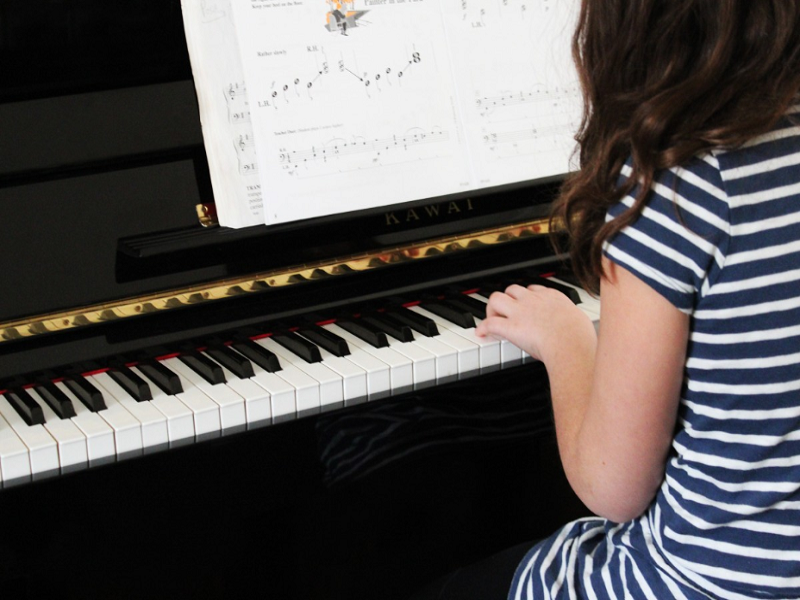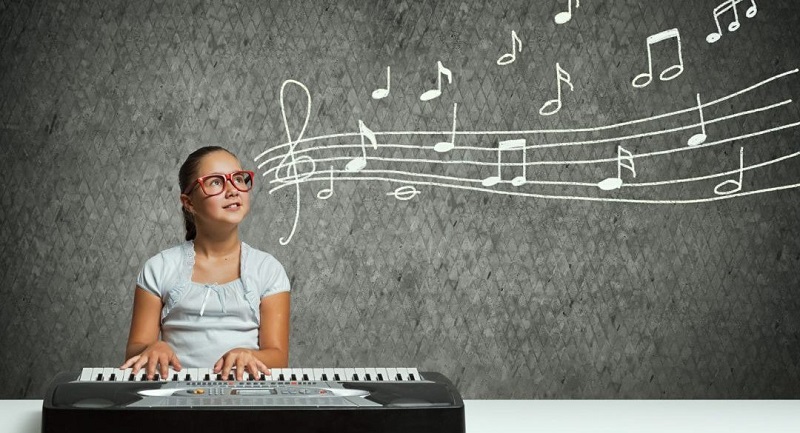via Sacramento Press: Are you looking for an after-school activity for your child?
Do you want to appeal to their artistic abilities as well as provide them with tools to succeed in other parts of life?
If so, strongly consider enrolling your child in piano lessons.
Obviously designed around artistic talent and music ability, piano does offer more to learn than just the keys. There are many ways children who take piano grow to become well-rounded, successful adults in their studies and relationships.
Read on to learn the 4 benefits of piano lessons for children:
1. Children Learn Hard Work and Discipline
Ask any musician and they will tell you the key to success is practice, practice, practice.
Learning piano takes the dedication to sit down and concentrate. It takes committing to something when you are not being told to or checked on.
Committed students learn the value of their efforts and go on to apply discipline in reaching any goal, not just learning a new song.
They also learn to try again. Piano is not something one easily picks up, and by sticking to lessons and practice, children see the value in learning from mistakes and having perseverance.
2. Piano Lessons Improve Performance in School
Perhaps one of the most valuable benefits of piano lessons are the boosts in cognitive skills.
Children with musical training go on to have stronger neural connections, better memory and IQ, and better information processing.
In essence, the time spent learning notes and songs primes their short and long-term memory for academic use later on. Particularly in math and science, piano students shine in their ability to pick up patterns and understand abstract concepts.
3. Music Builds Strong Emotional and Social Awareness
Music is meant to make us feel something. Children in piano lessons are taught to listen for the emotions a certain piece is trying to create.
As children learn to pick up such effects from changes in music tones, they are actually becoming more aware of how voices change depending on a situation.
This makes them more likely to pick up when someone is angry or upset, as well as happy or surprised. Being able to notice such differences makes them more empathetic in their relationships.
4. Learning Piano Builds Confidence
After taking individual or group lessons, there is always time for a performance.
Playing in front of an audience teaches children confidence by making them shake their nerves and trust in their ability. This shines true in many areas of life later on from sports to academics and careers.
Confidence is also built by criticism.
Piano students will often receive corrections from their instructor or their peers, and the more they learn to accept and work on their faults, the better off they will be.
Learning to give and receive critique reminds students no one is perfect and helps them turn negative experiences into something positive.







